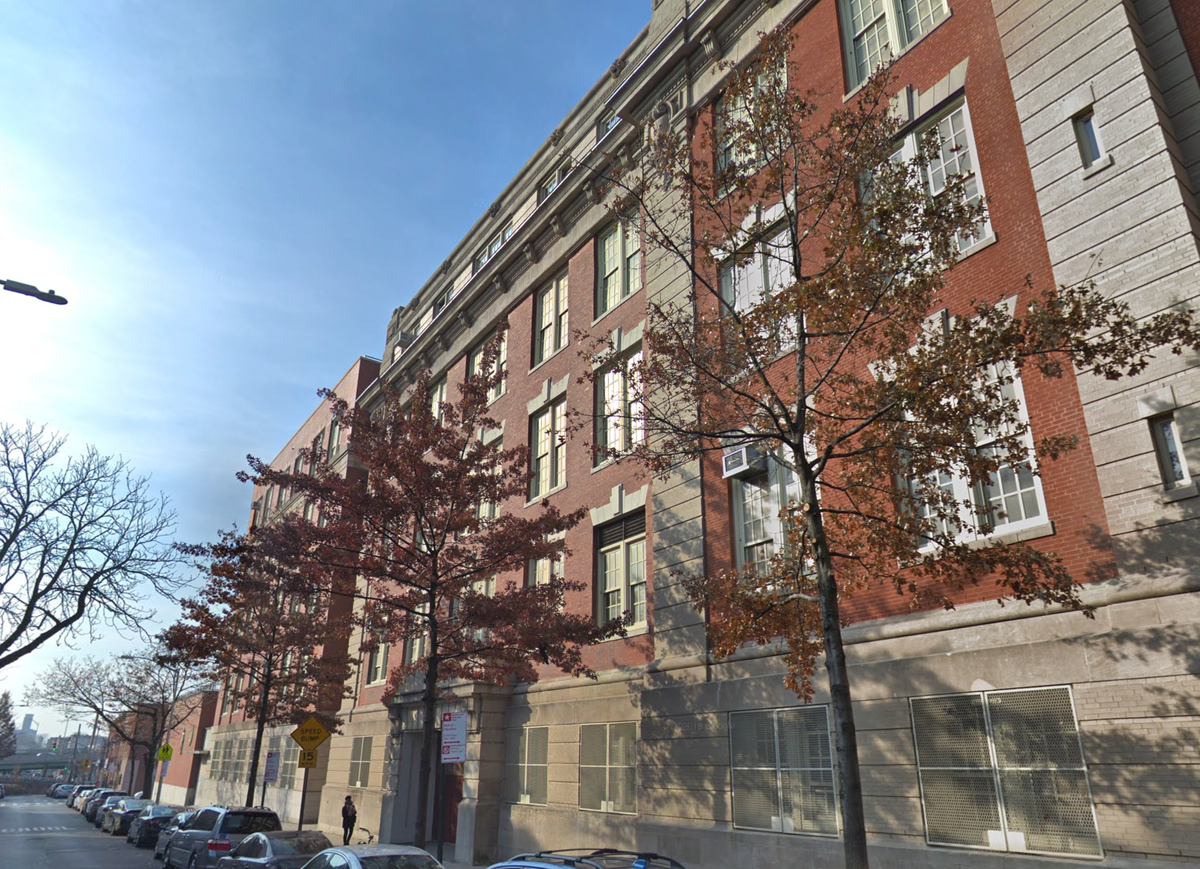Two Progressive NYC Schools at the Forefront of Refusing to Take State Tests are Now Facing More Exams

By Reema Amin, Chalkbeat
Two progressive schools where a majority of students opted out of state tests are now being required to give six additional tests this year.
More than 70% of students at Central Park East 1, a small lottery-based elementary school in East Harlem, and Brooklyn Collaborative Studies, a secondary school in Carroll Gardens, refused to take their state tests last year.
These two schools this year found themselves on a list of 76 schools — designated as “struggling” by the state — that are required to test third and sixth graders three times a year on their academic progress using the NWEA Measures of Academic Progress (MAP) Growth Assessments. These tests are given on top of the state math and English tests administered in the spring.
While state education officials have said it’s “inaccurate” to say a high opt-out rate would land a school on the struggling schools list, Chancellor Richard Carranza has publicly questioned that response and the city appealed Central Park East 1’s designation earlier this year. The appeal was denied.
Parents at Central Park East 1 and Brooklyn Collaborative are beginning to organize, demanding clarity on how the MAP tests will be used — and are wondering if they can opt their children out of them.
“That feels really like a slap in the face,” said Tish Doggett, whose eighth-grade son attends Brooklyn Collaborative and already sat for one of the MAP tests in September. “Our teachers know our students very well. I would be surprised if they found out something about a struggling student that they didn’t already know.”
English and math tests will be given to students at the selected schools in the fall, winter, and spring to give teachers a better understanding of how students are doing, according to education department officials. They’re computer-adaptive, which means they progress in difficulty based on a student’s performance.
About a third of schools on the city’s list had already started using the MAP tests to measure student progress, and in total about 400 schools use them, according to education department officials. Brooklyn Collaborative began this year to test all students on their math progress even before the education department’s directive. In a newsletter sent this week to families, school officials wrote that the MAP test is a “useful tool” and has replaced other assessments the school was doing.
The tests last 40-60 minutes, said Nate Jensen, director of the Center for School and Student Progress at NWEA, the Portland, Oregon-based testmaker. Students get their scores immediately, and teachers receive a detailed report in 24 hours with information such as how long each student took on individual questions and how they did in certain subject areas.
“Periodic assessments are a commonly used tool that give school leaders at every level an inside look into how our students are learning so we can individualize and strengthen lessons accordingly,” said Karen Watts, executive superintendent of Brooklyn North, where Brooklyn Collaborative is located. “Using NWEA MAP consistently across these schools will give us a valuable apples-to-apples comparison that we’ve never had before.”
When asked if parents can opt their children out of these tests, a department spokesperson did not directly answer but said the assessments were a “routine part of instruction,” and parents could raise concerns with their school’s principal.
Principals at both schools did not respond to requests for comment.
Kaliris Salas-Ramiriez, a mom of a third grader at Central Park East 1 and a member of the District 4 community education council, worried whether the exam was developmentally appropriate, whether it would force educators to teach to another test, adding a new burden on schools labeled struggling.
“It’s not that I’m scared of him taking a test or not performing to par,” said Salas-Ramirez, an opt-out parent advocate. “I just don’t want to continue to provide the department of education data for a black child that will continue to categorize him or his school with any labels or feed the system.”
She questioned where the education department was getting the funding for these additional tests and why that money wasn’t being spent on instruction.
“Where is the money to support children and instruction and things that are happening in the classroom?” she asked. “Those are the questions that we have that we’ll organize around.”
The education department previously told Chalkbeat that the tests for the 76 schools would cost $113,000, and that it would not come out of individual school budgets.
Elijah, Doggett’s eighth-grade son, said he took the math test over two class periods in September, but so far hasn’t seen a notable change to instruction. While he didn’t take issue with the test outright, he was “confused” about what his score meant.
“I’m fine with the test. Like, it wasn’t that big of a deal to me, but, I mean, it depends on what we’re doing in the subject,” Elijah said. “Like, what we would be doing instead of taking the test?”
Chalkbeat is a nonprofit news site covering educational change in public schools.




